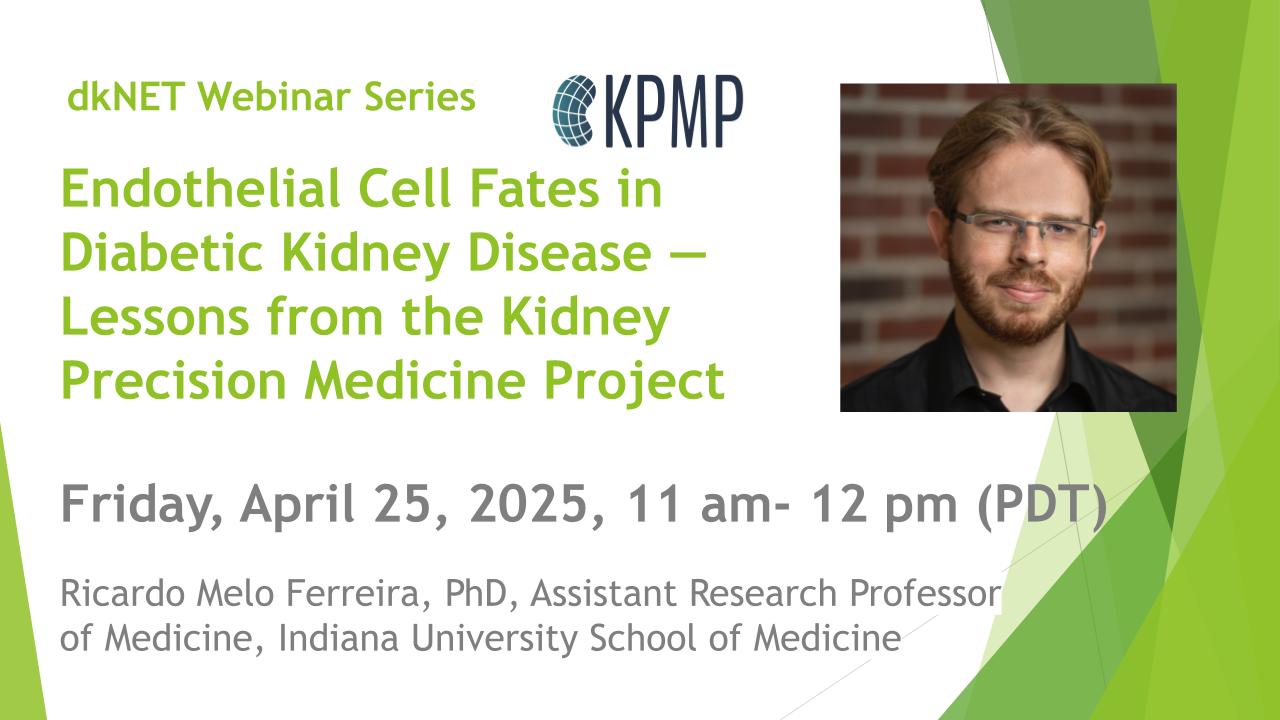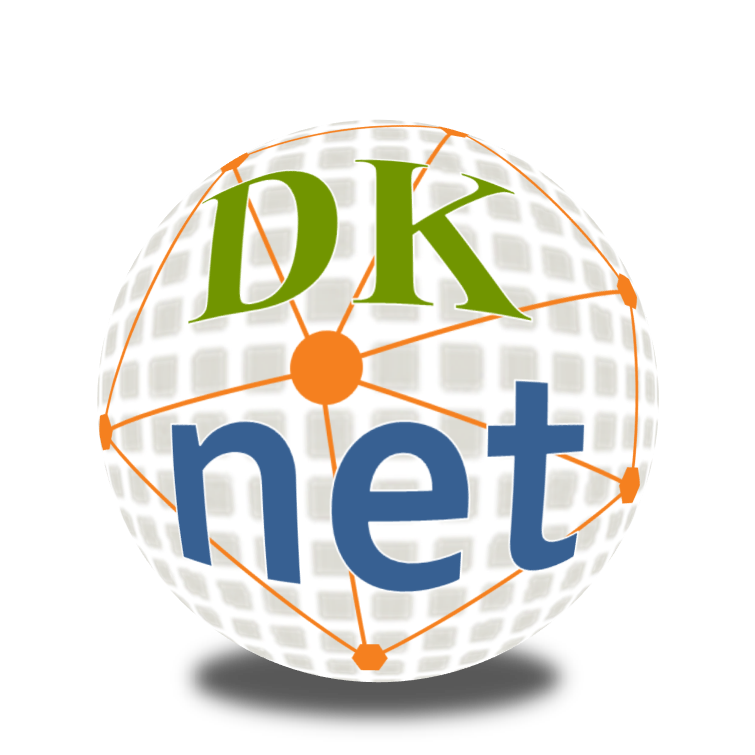Leaving Community
Are you sure you want to leave this community? Leaving the community will revoke any permissions you have been granted in this community.
[Recorded Webinar and Slides are Available Now!]dkNET Webinar: Tabula Sapiens
https://www.slideshare.net/slideshow/dknet-webinar-tabula-sapiens-03222024/267201639
Presenter: Angela Oliveira Pisco , PhD
Abstract
Although the genome is often called the blueprint of an organism, it is perhaps more accurate to describe it as a parts list composed of the various genes that may or may not be used in the different cell types of a multicellular organism. While nearly every cell in the body has essentially the same genome, each cell type makes different use of that genome and expresses a subset of all possible genes. This has motivated efforts to characterize the molecular composition of various cell types within humans and multiple model organisms, both by transcriptional and proteomic approaches. We created a human reference atlas comprising nearly 500,000 cells from 24 different tissues and organs, many from the same donor. This atlas enabled molecular characterization of more than 400 cell types, their distribution across tissues, and tissue-specific variation in gene expression. One caveat to current approaches to make cell atlases is that individual organs are often collected at different locations, collected from different donors, and processed using different protocols. Controlled comparisons of cell types between different tissues and organs are especially difficult when donors differ in genetic background, age, environmental exposure, and epigenetic effects. To address this, we developed an approach to analyzing large numbers of organs from the same individual. We collected multiple tissues from individual human donors and performed coordinated single-cell transcriptome analyses on live cells. The donors come from a range of ethnicities, are balanced by gender, have a mean age of 51 years, and have a variety of medical backgrounds. Tissue experts used a defined cell ontology terminology to annotate cell types consistently across the different tissues, leading to a total of 475 distinct cell types with reference transcriptome profiles. The Tabula Sapiens also provided an opportunity to densely and directly sample the human microbiome throughout the gastrointestinal tract. The Tabula Sapiens has revealed discoveries relating to shared behavior and subtle, organ-specific differences across cell types. We found T cell clones shared between organs and characterized organ-dependent hypermutation rates among B cells. Endothelial cells and macrophages are shared across tissues, often showing subtle but clear differences in gene expression. We found an unexpectedly large and diverse amount of cell type–specific RNA splice variant usage and discovered and validated many previously undefined splices. The intestinal microbiome was revealed to have nonuniform species distributions down to the 3-inch (7.62-cm) length scale. These are but a few examples of how the Tabula Sapiens represents a broadly useful reference to deeply understand and explore human biology at cellular resolution.
The top 4 questions that the Tabula Sapiens can answer:
- How similar is the gene expression of the organs that have been profiled across different donors?
- What is the cell type composition of the organs in the atlas?
- Are the endothelial cells found in multiple organs of a single donor identical?
- What are the marker genes for the tissue cell types?
Resource link: https://tabula-sapiens-portal.ds.czbiohub.org
Dial-in Information: https://uchealth.zoom.us/meeting/register/tZ0ucOuspzkvH9GN3vaUg-hHHqRiklQim294
Date/Time: Friday, March 22, 2024, 11 am - 12 pm PT
Upcoming webinars schedule: https://dknet.org/about/webinar





